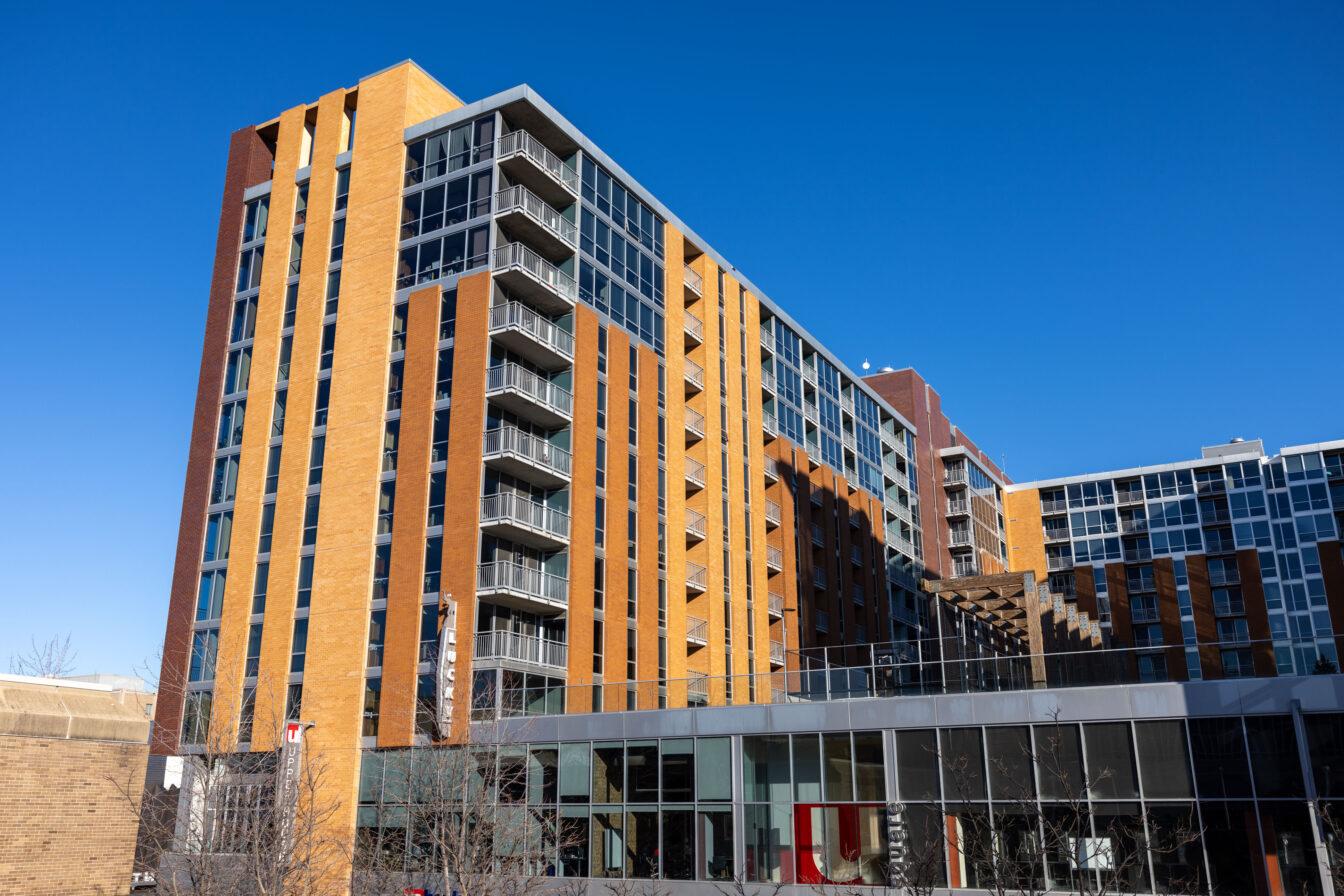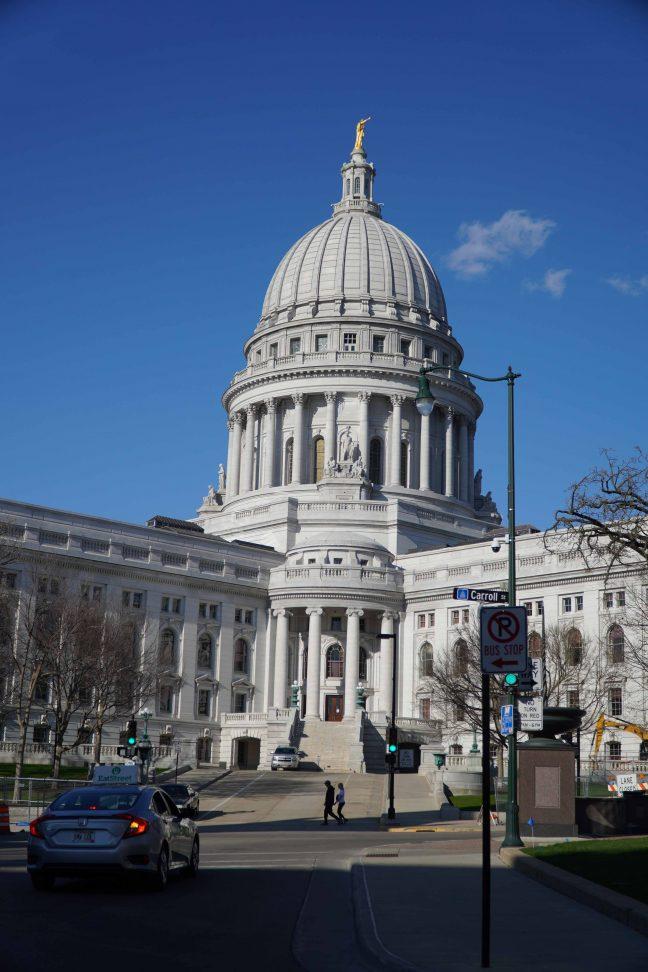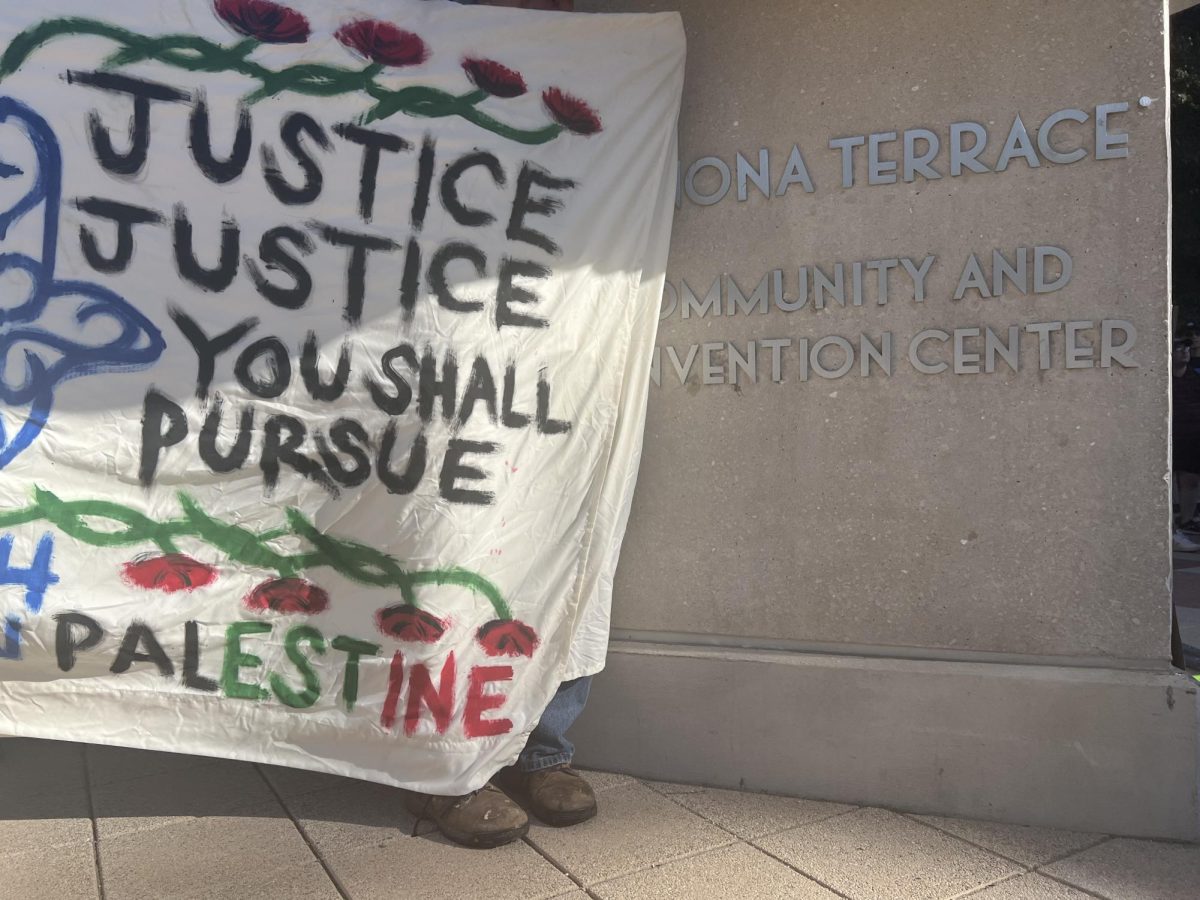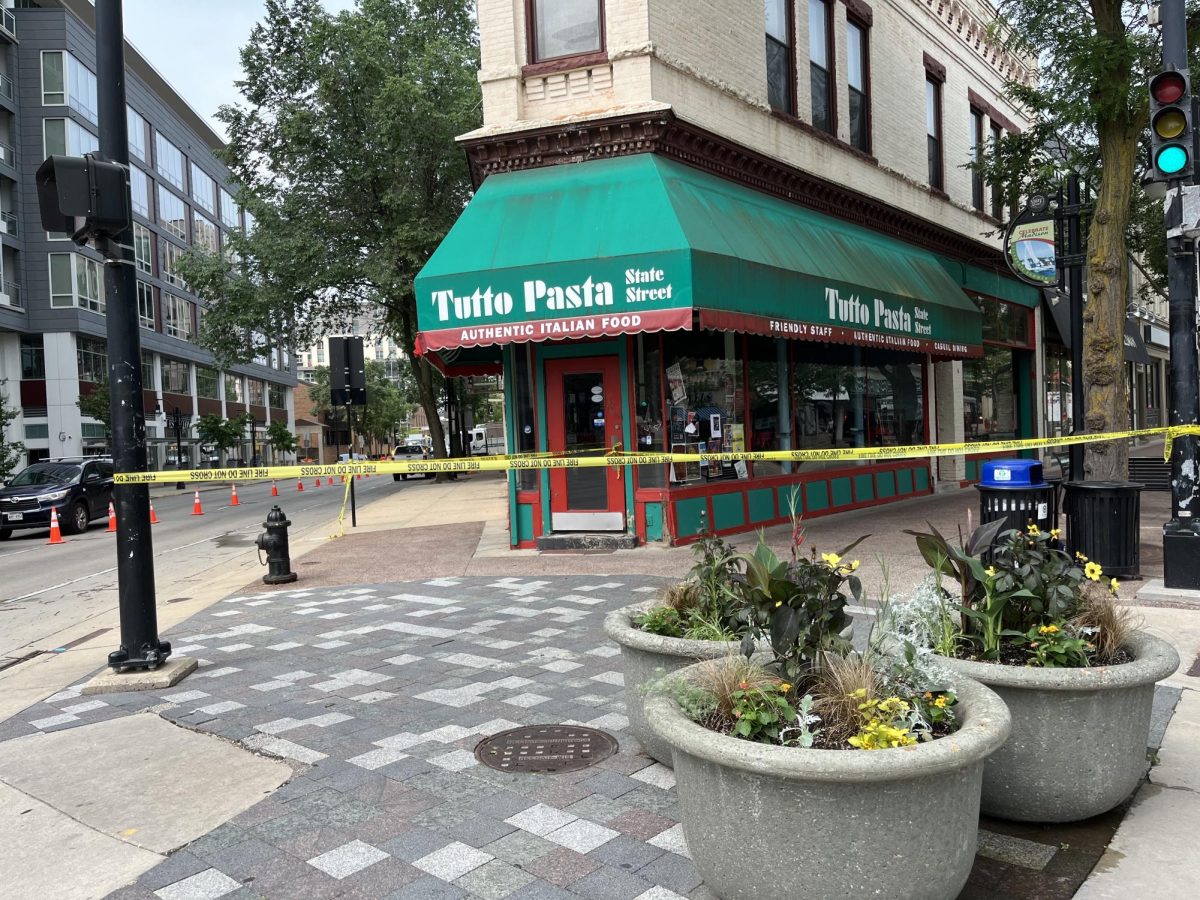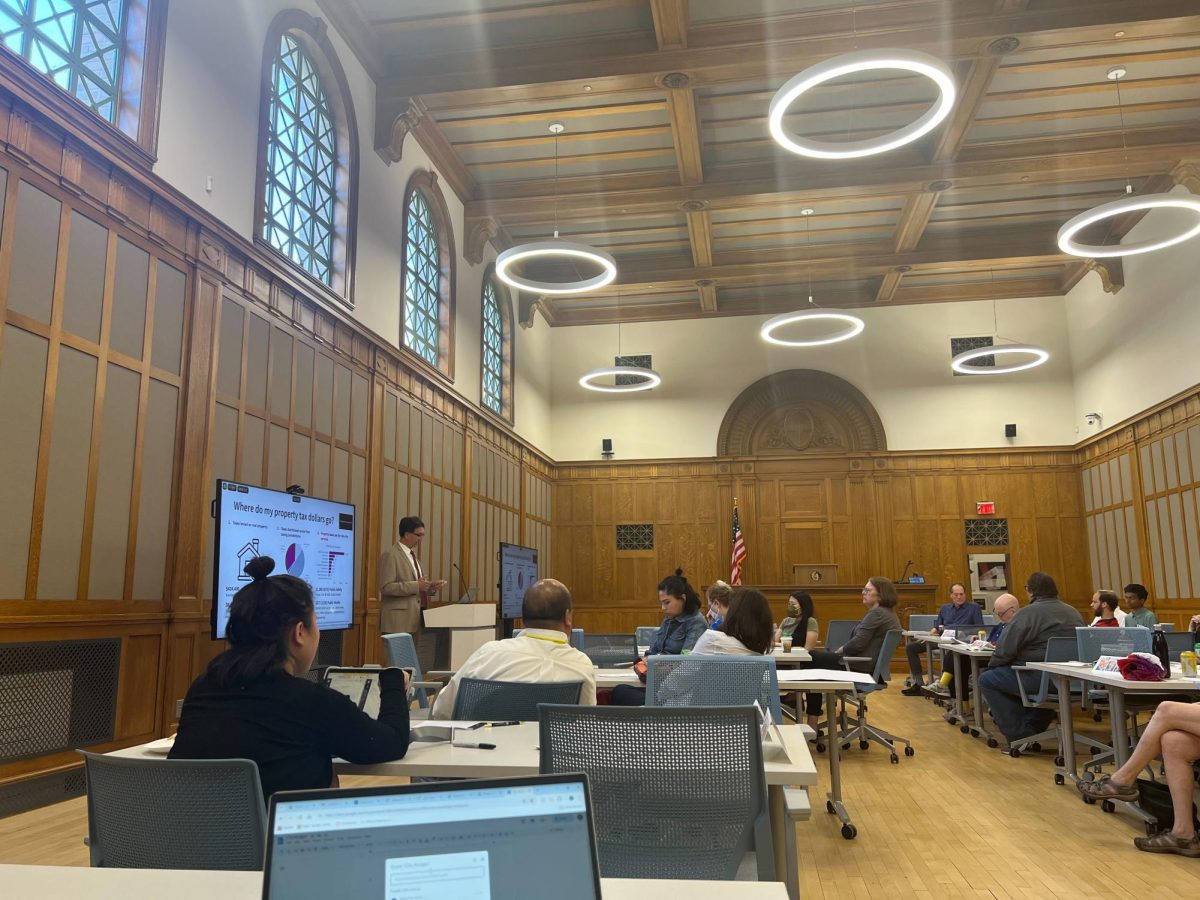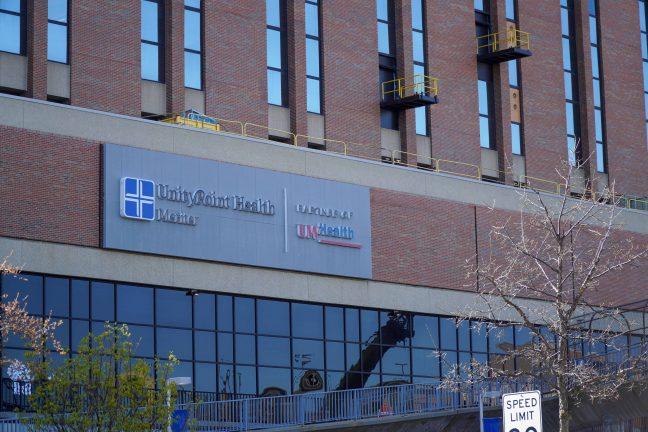New housing legislation passed by Minnesota legislators, with the help of the University of Minnesota’s Undergraduate Student Government, will provide housing protections to student renters. Effective Jan. 1, the new legislation will introduce several requirements for landlords.
Minnesota statute 504B.144 will require landlords to wait at least six months before a lease expires to ask students if they wish to renew. This law prevents landlords from taking advantage of the high housing demand to prevent renters from moving elsewhere.
Minnesota statue 504B.182 requires an initial and move-out inspection to protect renters from having to pay for damage they did not incur.
New affordable housing developments ‘really good news for students,’ District 8 Alder says
Though several Wisconsin state schools including UW–Lacrosse, UW–Eau Claire and UW–Madison face similar challenges, similar legislative packages are not on the docket.
But, Downtown Madison Inc. President Jason Ilstrup said a recently developed partnership between DMI, the City of Madison and UW–Madison has been created to provide new recommendations to re-evaluate future housing developments.
“It’s a really good, strong, public-private partnership of city leaders, elected officials, UW developers, financiers, graduate students and neighborhood associations that are going to make formal recommendations to the City of Madison on how to improve the situation to create more housing affordability for students in and around downtown and Madison area,” Ilstrup said.
The lack of affordable housing coupled with an enrollment increase of more than 1,700 students in the fall 2023 semester has created a large disparity between supply and demand of living units, Ilstrup said.
Ilstrup said in addition to building new units, the City also needs to preserve existing housing to provide as many options as possible.
“All students have a different financial picture and we need to ensure that every student is comfortable with renting in their price bracket, and to do that we need to build more units,” Ilstrup said.
Madison Plan Commission approves affordable housing developments, agreements
Ilstrup said that as recently as a few years ago, the City of Madison determined it would be necessary to build 10,000 new units in the first year and 2,500 units every subsequent year for the next 10 years to keep up with the need for housing and to maintain unit pricing. Despite a significant increase in new construction in 2023, the demand for housing has still not been met, according to the Mayor’s Office.
The ability to build more housing units in Madison is partially restricted by the Capitol View Preservation Ordinance, a statute which regulates building heights to ensure the dome is visible from any angle in a one mile radius of the Wisconsin State Capitol.
A proposal set forth by District 8 Ald. MGR Govindarajan suggested increasing this height limit to buildings on Regent Street and Camp Randall Stadium areas, according to previous reporting from The Badger Herald. If the proposal is approved by the City Council, Govindarajan said developers will be encouraged to build more units, ultimately creating more availability for students.
UW urban planning professor Kurt Paulsen said the location of Madison further exacerbates the student housing issue.
“It’s overall a difficult housing market in Madison, but then it’s particularly difficult in a sub-geography which is near to campus and State Street and downtown,” Paulsen said. “That’s because you have a geography problem — there’s lakes and the narrow isthmus, there’s a capital height limit and there’s thousands of people who all wanna live in a pretty small geographical area downtown.”
Madison Common Council rejects housing development proposal, preserves affordable housing
Paulsen said one of the solutions may be to develop more dormitories. But to achieve this, a request must be approved from the state government.
“In the long-run — because enrollment at UW–Madison is going to stay at 50,000 [students] or higher — we need to bring alive a couple thousand more beds in the private rental market and around campus in the next couple of years in addition to hopefully more dormitory space,” Paulsen said.
In the near future, Ilstrup said the committee expects a substantial increase in housing availability, with around 1,500 new units entering the market. This influx, beginning this summer with the completion of several major projects, will introduce additional supply to the housing system, potentially alleviating some of the current pressure and contributing to cost reductions.








